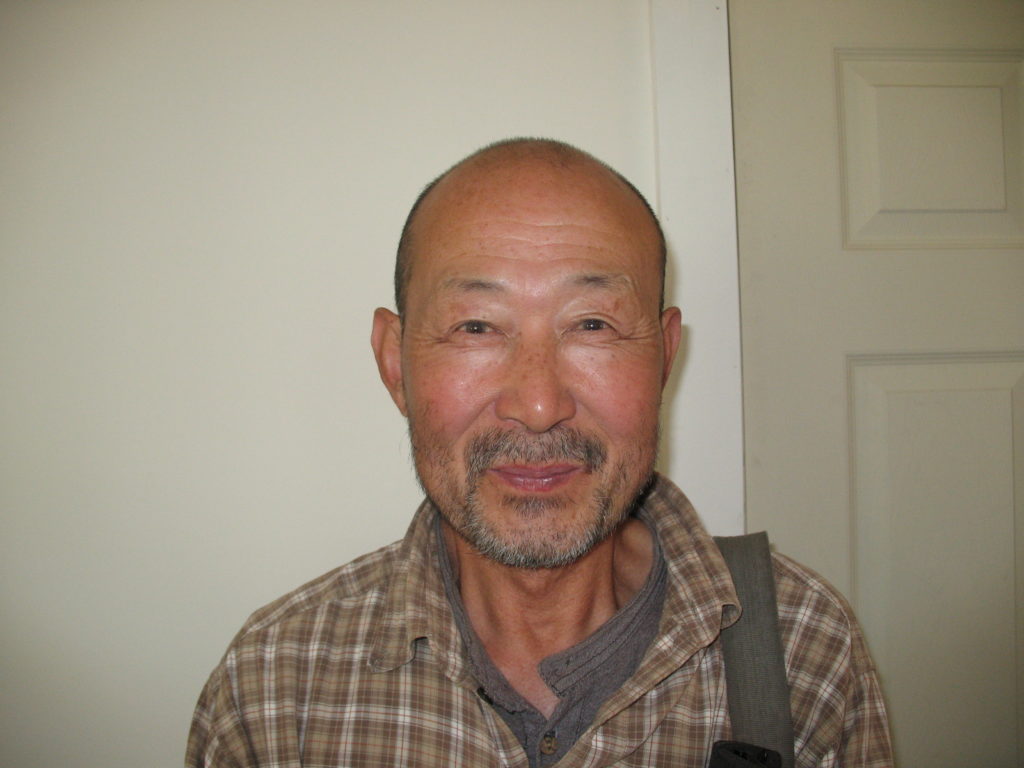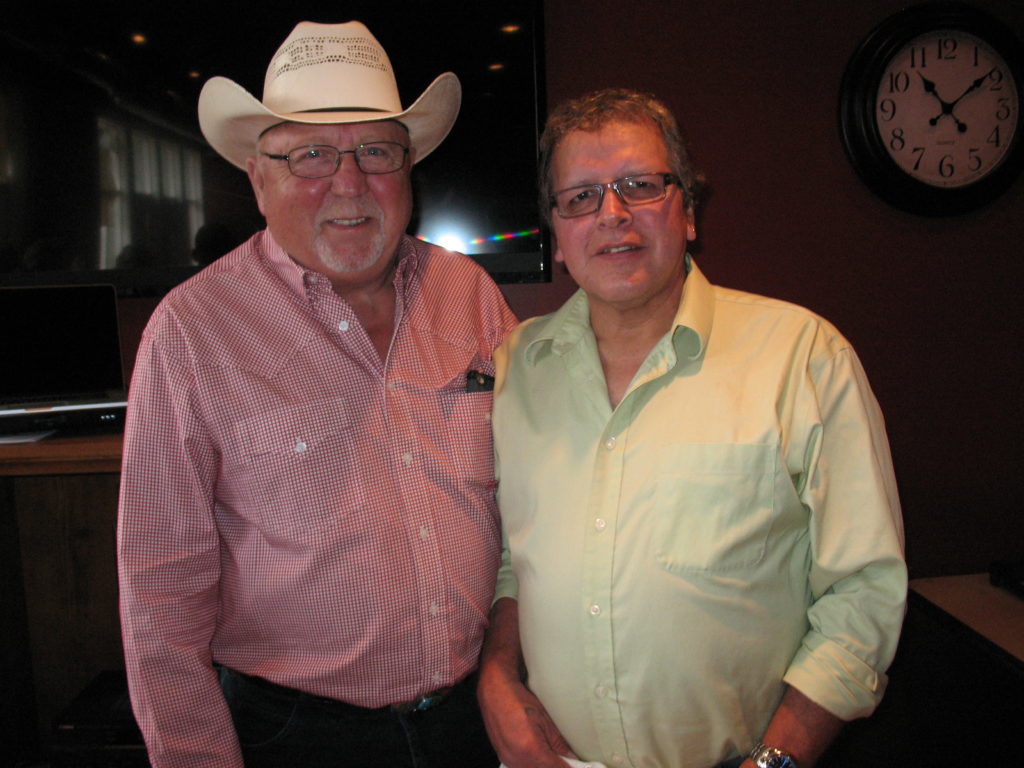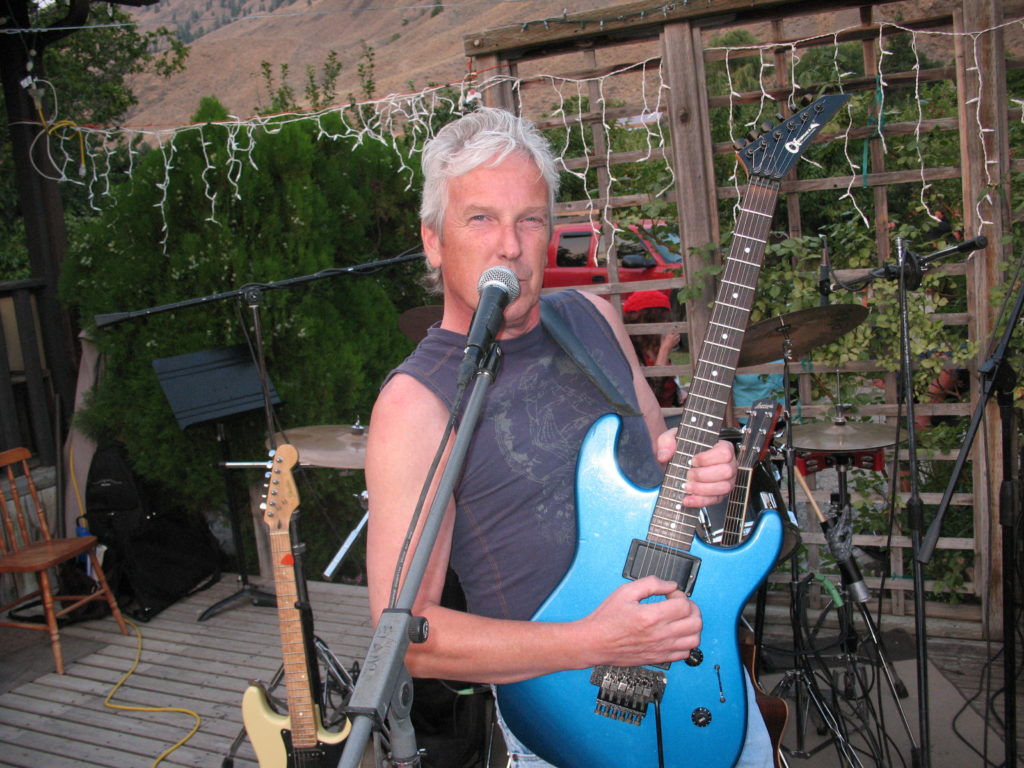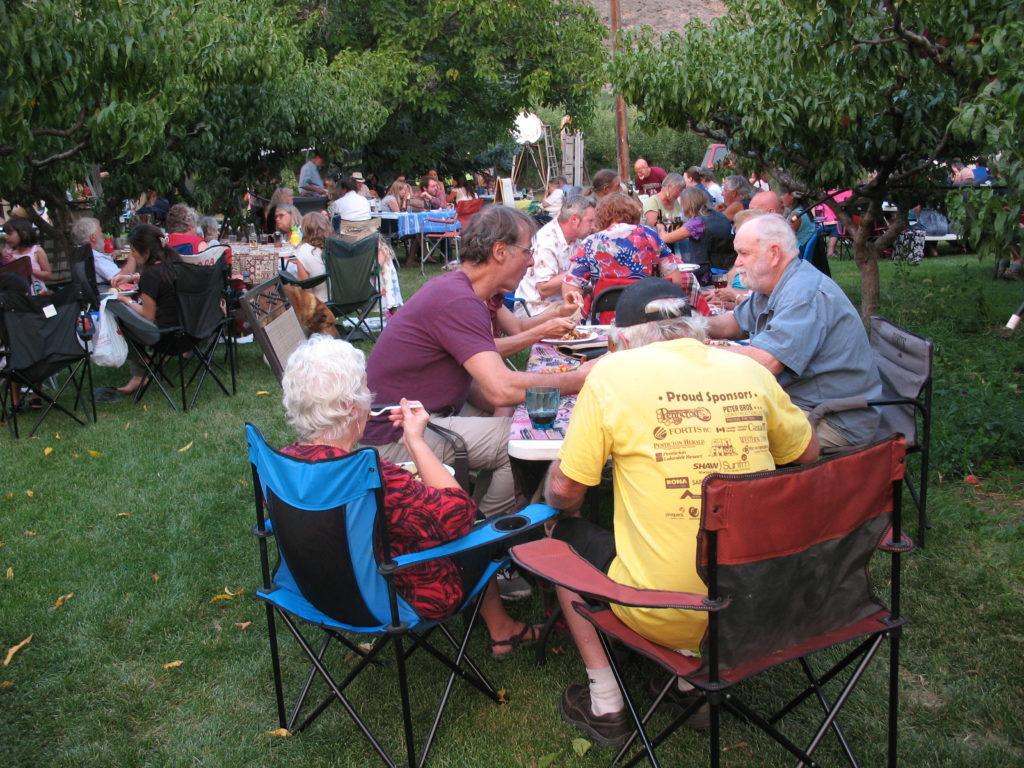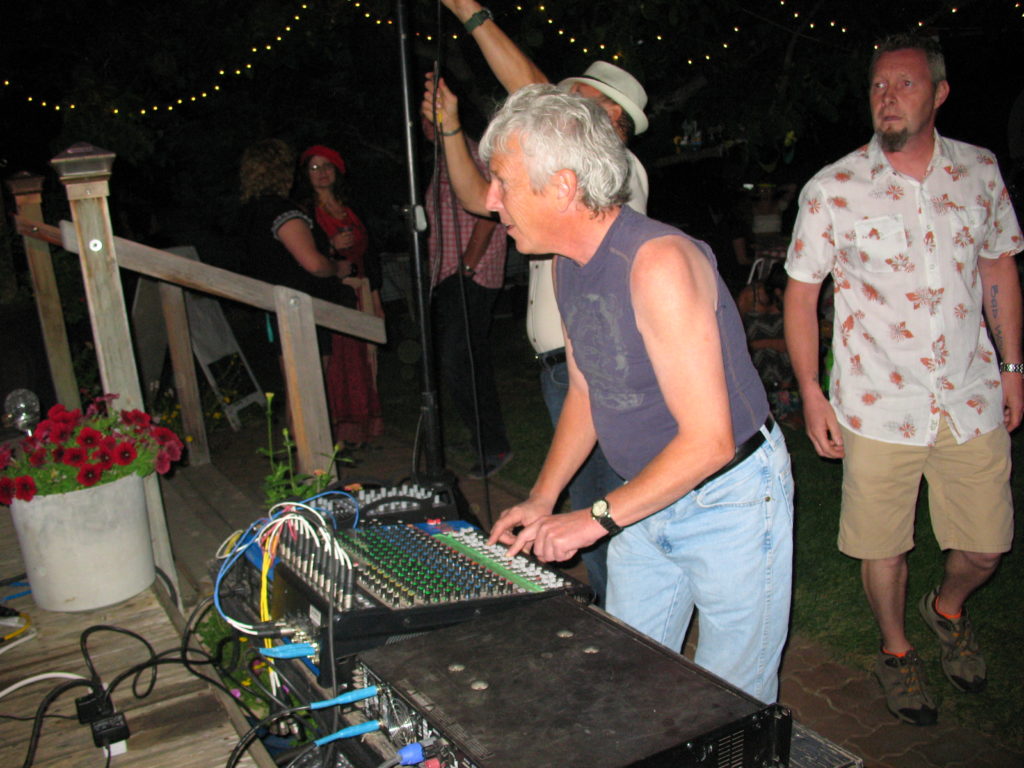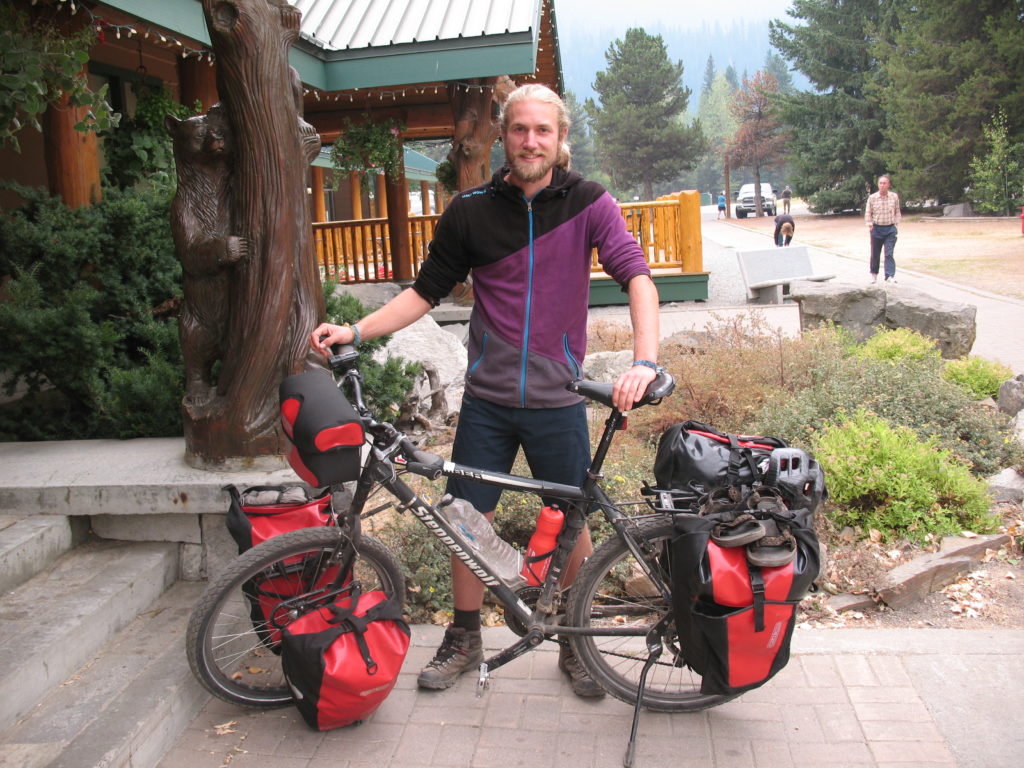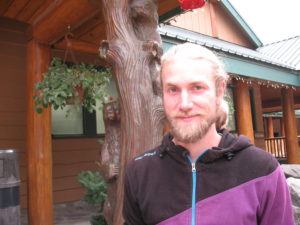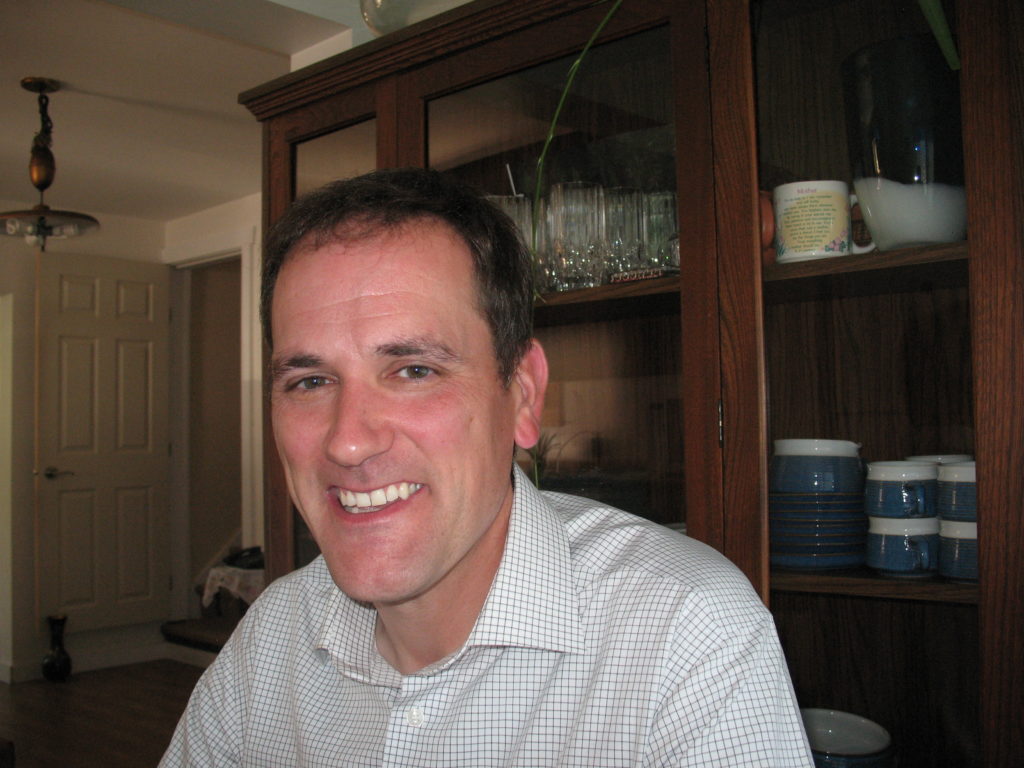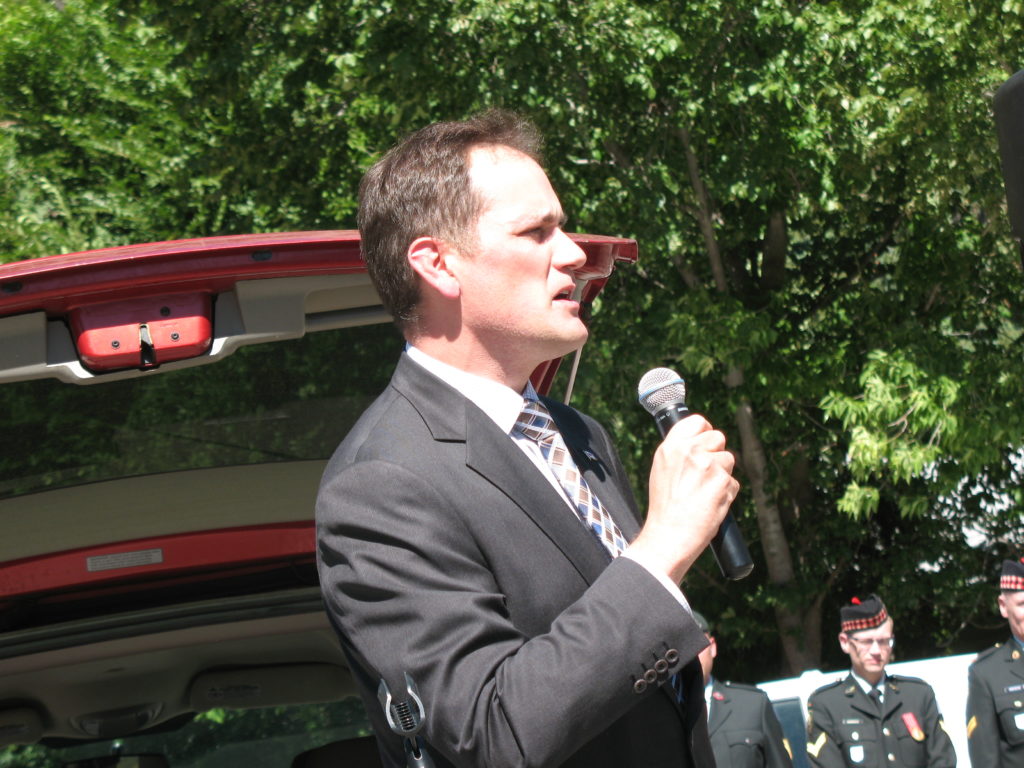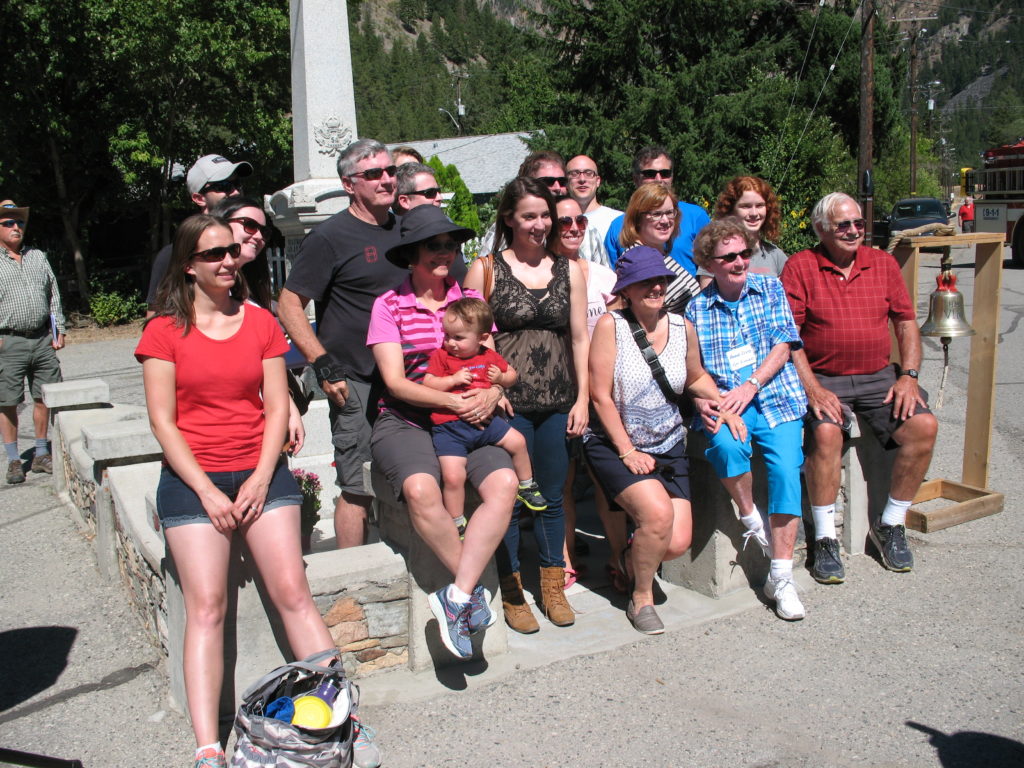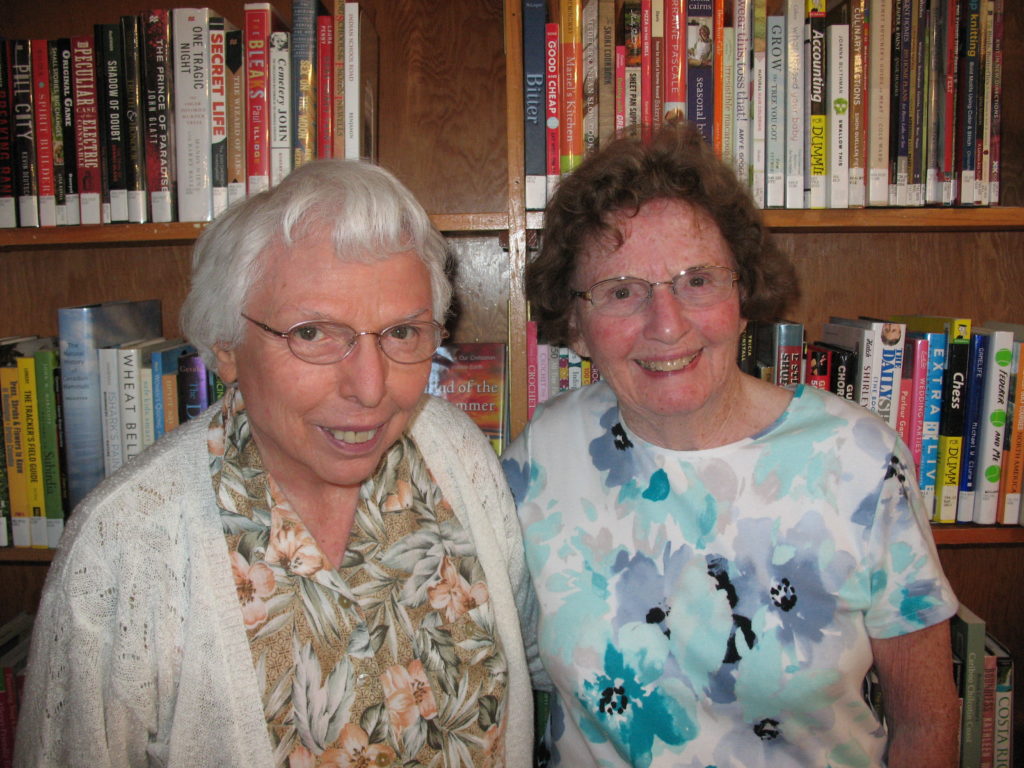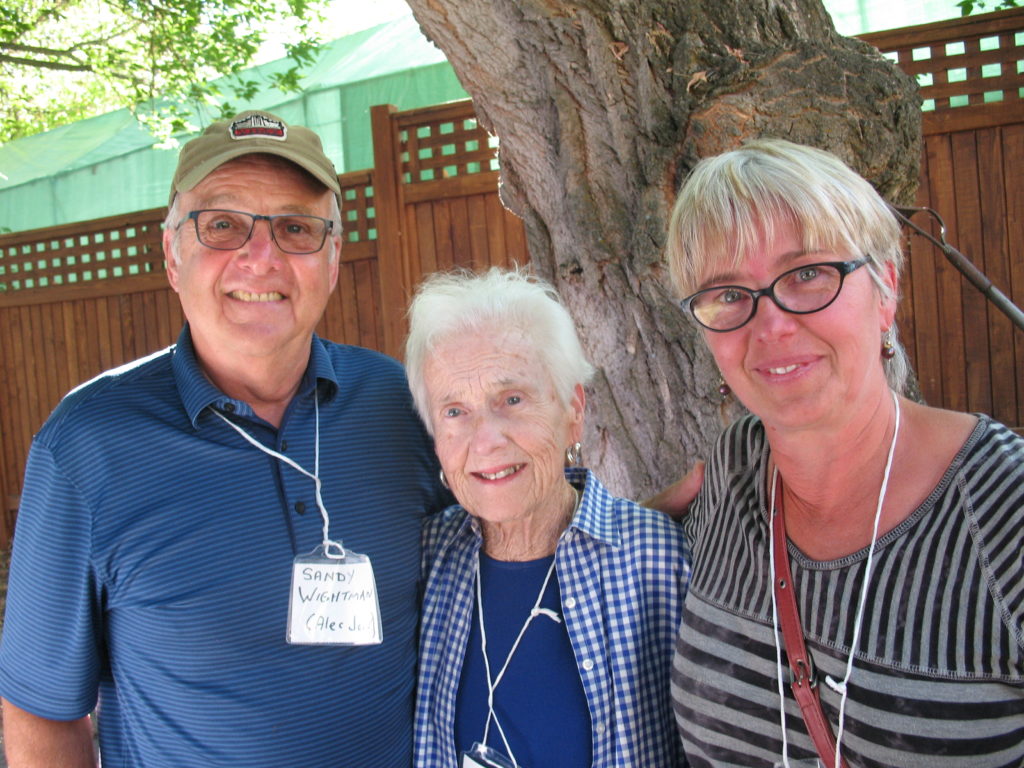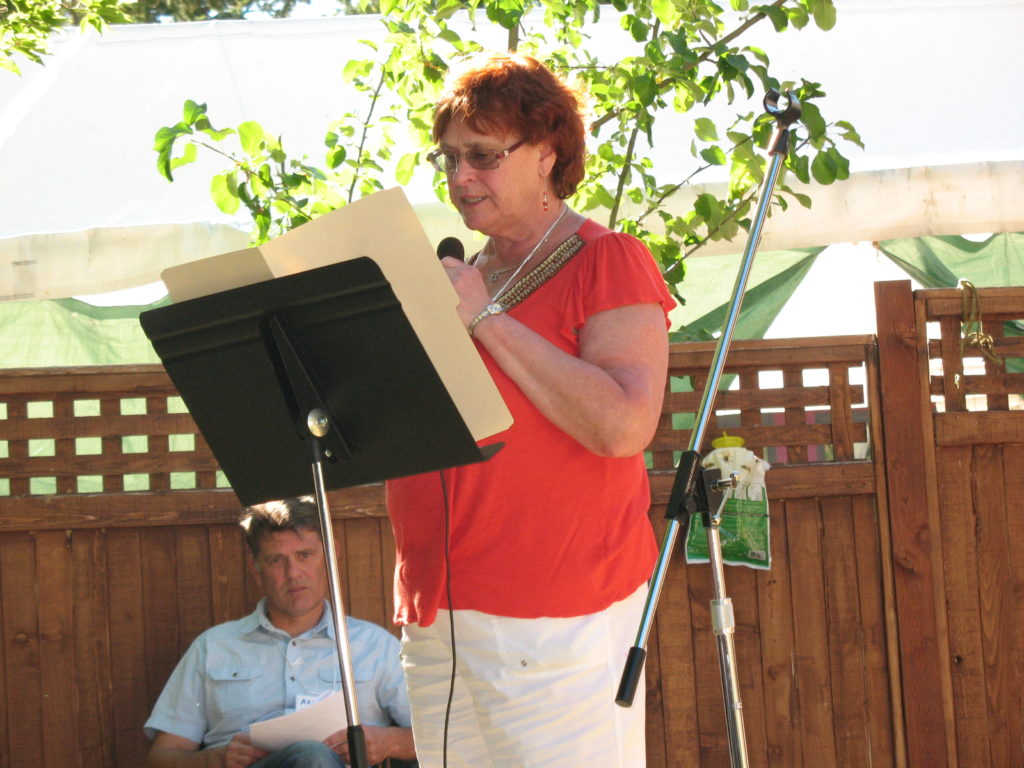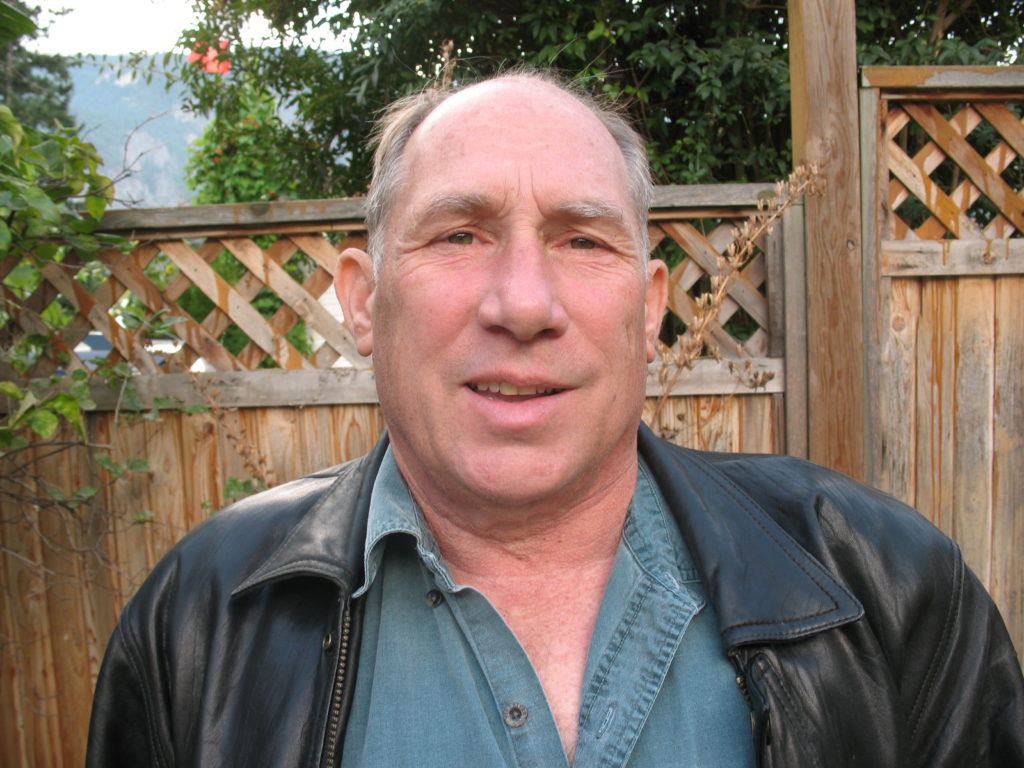
Four years ago Rick Wilsher died while watching the Grey Cup Game in the Hedley Community Club. He had donated a large screen for this type of event and a number of local people were present. His plan had been to leave at half time to go to his home several kilometers east of Hedley and feed his deaf dog. He delayed his departure when he realized that “Hedley,” the band named for this community, would be providing entertainment during the intermission. Had he not delayed, he would not have been sitting at our kitchen table last week talking about what he referred to as “my death.” I decided it’s a story worth telling because it could save lives.
Rick’s body provided no clues beforehand of what was about to happen to him. When he toppled over and fell to the floor that November 24, 2013, his face quickly turned blue. Fortunately several Hedley Fire Fighters and First Responders were sitting close by. Also, a retired cardiac care nurse.
“I don’t remember anything about it,” Rick told Linda and me. “I just know I was dead as a door nail.”
What happened next is an amazing account of highly motivated, trained, well equipped volunteers and concerned citizens taking action. Cherie, the retired nurse saw that Rick’s face was turning blue. She immediately understood he wasn’t breathing and there was no pulse. “He’s dead,” she said to First Responder Doug Nimchuk, “Start compressions.”
While Doug was compressing Rick’s chest to create oxygen flow to the brain and other vital organs, Doug Bratt, co-owner of the Country Market, ran to the store to call 911. Hedley didn’t yet have cell service. Chantal, a First Responder and Russ, a Fire Fighter, ran to the Fire Department for the van which was equipped with oxygen and an Automated External Defibrillator (AED). Russ cleared cars from the front of the Community Club so the ambulance would have a space.
The AED was hooked up and began issuing verbal instructions and information. “No pulse,” it said. “Stand back.” Then, “Shock the patient. Resume compressions.” After 2 shocks from the AED, administration of oxygen, and 9 minutes of compressions by Doug, Rick’s colour had returned and he had a pulse.
Before he was placed in the ambulance he gave house keys to a friend and asked him to feed the dog. He also paid the 50 cent bet he had made on the football game.
As a health professional Cherie had observed highly skilled practitioners. Her praise for the performance of the Hedley Fire Fighters and First Responders was unreserved.
“Without them, Rick would not have made it,” she said. “They did everything they were trained to do. They keep up their certification. They have practise every Tuesday evening.”
Rick was transported first to Penticton Hospital, and then flown to St. Paul’s in Vancouver. The doctors received the report of the event as recorded by the AED.
After reading the report one of the doctors told Rick, “You should never have come out of that.”
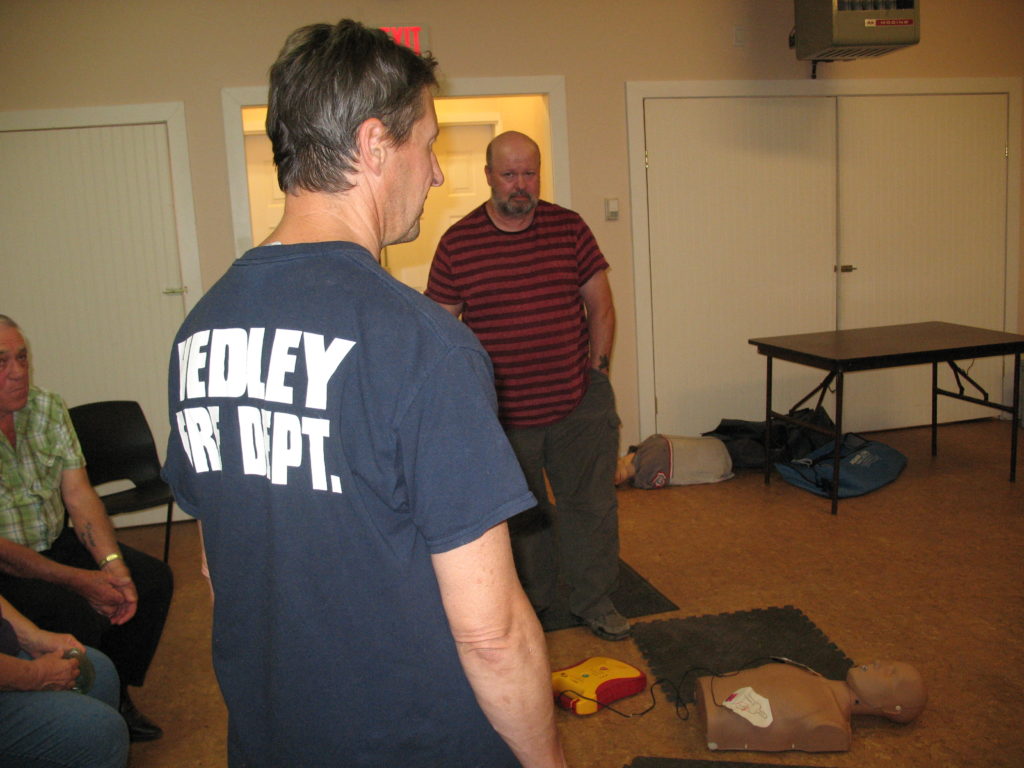
I became interested in this incident when Linda and I recently took the evening CPR and AED training offered by the Hedley Fire Department. Wanting to know more, I called Chris, owner of MediQuest in North Vancouver, a supplier of AEDs. He agreed with Cherie’s assessment. “When there is no breath and no heart beat, the individual is clinically dead. The heart doesn’t immediately cease electrical activity, but it is uncoordinated. Compressions need to begin immediately to keep electrical activity going and supply oxygen. The AED is also required very quickly. The survival rate drops 10% each minute before a shock is applied.
Chris next explained the functioning of the AED. “It determines whether there is electric activity. It makes the decision whether a shock should be delivered. A person cannot make the decision. This makes the device very safe, even for someone with little training. The survival rate 20 years ago was 2%. Today, if an AED shock is administered within 3 minutes, the survival rate is 75%.”
Rick now has a pacemaker with a built-in defibrillator. It monitors his heart. “If anything happens, it stops my heart and gives it a zap to start it.” He leaned forward and added, “I try to do all things in moderation now. Life is good. I feel so lucky, like I’ve won the lottery a dozen times.”

